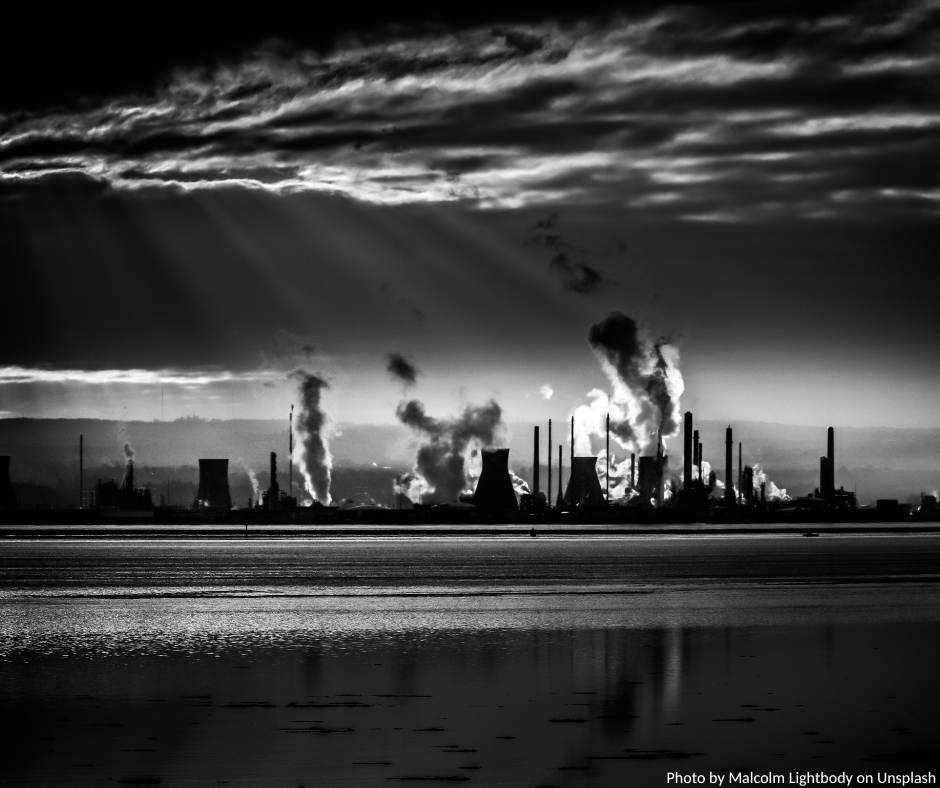Call For Papers: Black and Green? Towards an Environmental History of the Oil Industry
14.12.2022
Organizers: Odinn Melsted, Cyrus Mody, and Simone Schleper (Maastricht University), Christof Mauch (Rachel Carson Center)
Venue: LMU Munich
Date: 15–16 June 2023
Deadlines: 20 February 2023 for proposals; 26 May 2023 for precirculated papers
With accusations against the international oil industry’s contribution to environmental degradation and anthropogenic climate change on the rise, oil companies have reacted by advertising their investments in renewables, pollution control, and more recently “net-zero” efforts. Among concerned publics like environmental activists, however, these counter-narratives are often perceived as “greenwashing”—i.e., superficial efforts intended to confuse rather than sincere steps toward needed change.
Bringing together scholars working on various aspects of oil (and gas) and environmental histories— black and green—this workshop aims to unpack the concept of “greenwashing.” It aims to engage with the existing literature on the environmental history of oil, while opening future directions for research collaborations on the environmental strategies pursued by oil companies themselves. The workshop is jointly run by the NWO-funded Vici project “Managing Scarcity and Sustainability: The Oil Industry, Environmentalism and Alternative Energy in the Age of Scarcity, 1968–1986” (PI Cyrus Mody, Maastricht University) and the Rachel Carson Center for Environment and Society, Munich.
Paper topics include (but are not limited to):
- Regulation and mitigation: atmospheric and ecosystem pollution by wells/pipelines/tankers/refineries/gas stations; industry measures to deal with and/or prevent environmental impact; flaring vs. utilization of natural gas in a historical perspective; oil/gas conservation measures and regulations.
- Front-stage and back-stage negotiations: struggles (and more positive engagement) with environmental agencies, internal/external environmental impact studies; public vs. internal positions on environmental problems like photochemical smog, acid rain, or anthropogenic climate change, and associated debates/policies.
- Coalitions and disputes: conflicts with citizens/communities/organizations/authorities over exploration/drilling/pipelines in non-developed or protected areas; oil industry confrontation/cooperation on environmental issues; oil entrepreneurs funding environmental organizations; “leave-it-in-the-ground” conflicts in historical perspective.
- Lobby and campaigns: environmental public relations and greenwashing campaigns; industry funding of nature conservation or other environmental philanthropy.
- Transition and renewal: oil industry investments in alternative/renewable energy; research on alternative fuels or battery technology; oil industry outlooks and transition scenarios.
You can find more information and the full call for papers in the PDF linked below.


